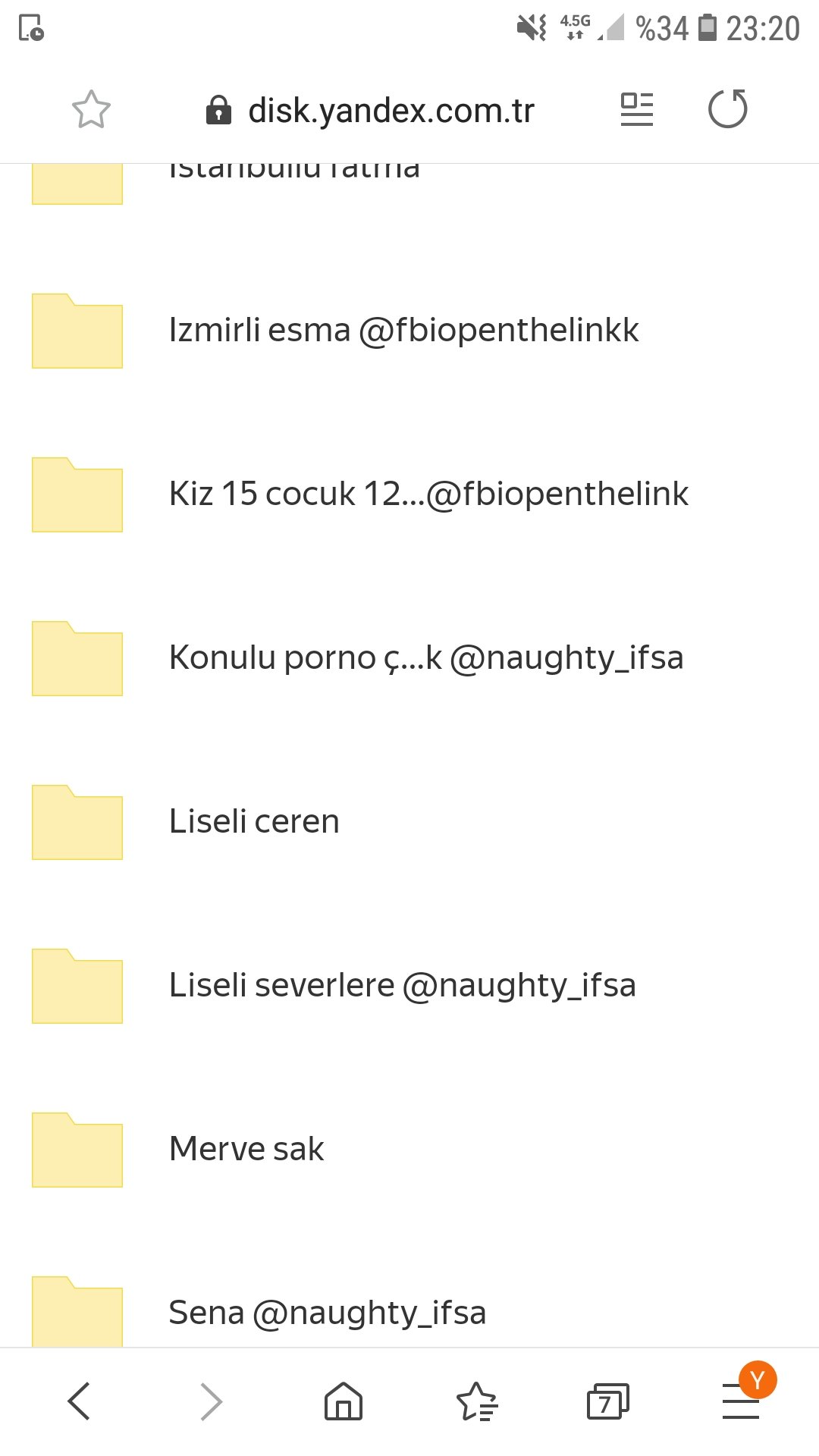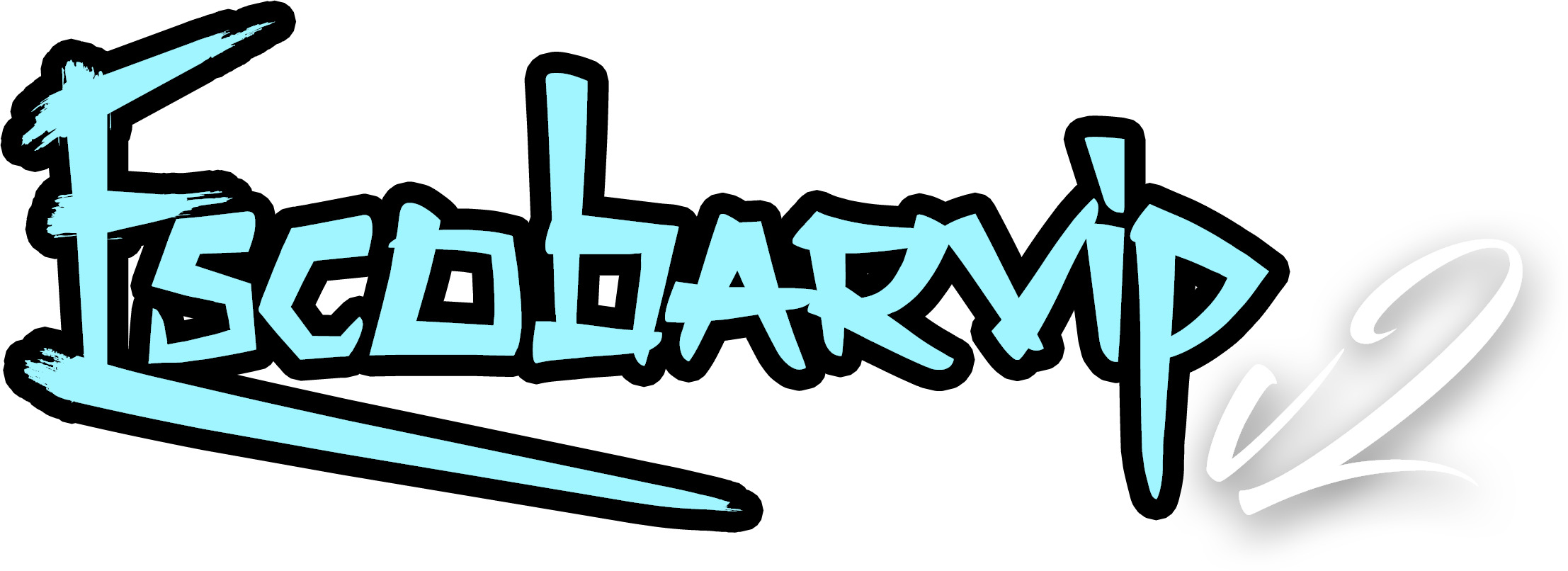Türk Ifsa Sotwe - Exploring Digital Information And Awareness
When certain phrases surface in online discussions, they often point to broader conversations about how information moves across the internet, and what that means for people. It's a bit like finding a new path on a map; you wonder where it leads, and what you might find there. These terms, sometimes specific to a particular language or community, can hint at various kinds of digital content or discussions that are happening, perhaps in less visible corners of the web, you know.
You know, it's actually pretty fascinating how quickly things can spread online, isn't it? One moment something is just a small piece of chatter, and then it becomes a topic that many people are looking into, or at least talking about. This happens with all sorts of things, from news stories to shared experiences, and yes, even specific search terms that pique curiosity, so.
So, when we come across a term like "türk ifsa sotwe," it brings up thoughts about how information is shared, the tools people use to access it, and what it means for everyone involved. It encourages us to think about digital footprints, the way data travels, and how we, as users, can approach these things with a good sense of awareness and care, basically.
- Crustal Couture Dress To Impress
- Adriana Chechik Twitter
- How Old Is Rachel Zane In Suits
- Digital Pron
- University Of Arizona Global Campus Accreditation
Table of Contents
- What Does Online Information Sharing Really Mean for Us?
- Keeping Your Digital Space Safe - A Look at "türk ifsa sotwe" in a Broader Context
- How Can We Better Manage Our Digital Footprint?
- The Role of Software and Platforms in Information Access
- Are There Tools to Help Us Stay Aware Online?
- Finding Support When You Need It - Discussions Around "türk ifsa sotwe"
- What Steps Can We Take for a Safer Online Experience?
- Thinking About the Future of Online Information
What Does Online Information Sharing Really Mean for Us?
Thinking about how we share things online can feel a bit like trying to catch smoke, it's very hard to pin down. Every day, countless bits of information zip across the internet, some of it personal, some public, and some just for fun. This constant flow means that what we put out there, or what others put out about us, can have a lasting presence, you know. It’s a good idea to consider the reach of what we share, and how it might be seen by others over time, in a way.
For individuals, this means getting a handle on their own digital habits. Are we being careful with what pictures we post, or what thoughts we type out for everyone to see? It’s a personal choice, of course, but knowing that almost anything can be copied or spread widely is a pretty big thing to keep in mind. This idea of being a good digital citizen is about more than just being polite; it’s about making smart choices that protect your own space and respect others, too it's almost.
The sheer amount of stuff available on the internet is, well, pretty staggering. From news articles to personal stories, to shared files, there’s a lot to take in. This volume can sometimes make it hard to tell what’s real or what’s trustworthy, which is a big part of why thinking critically about sources is so important. It’s like having a huge library, but without a librarian to tell you which books are factual and which are made up, so.
- Mike Ritland Wife
- Is J Balvin Married
- Mike Skinner Nascar Net Worth
- Simps Meaning
- Victoria Beckham Father
Keeping Your Digital Space Safe - A Look at "türk ifsa sotwe" in a Broader Context
Keeping your online space secure is a bit like keeping your home safe; you want to make sure the doors are locked and windows are closed. This means looking at your privacy settings on social media, making sure your email accounts are protected, and just generally being aware of who can see what you’re doing online. It’s a simple step, but a very effective one for sure, you know.
When terms like "türk ifsa sotwe" come up, they often highlight how certain kinds of information, sometimes private or sensitive, can become topics of discussion online. This brings to light the importance of thinking very carefully about any content you encounter or are asked to share. It's about being a bit of a detective, questioning where information comes from and what its true purpose might be, that is that.
It’s also about understanding that not everything you see or read online is what it seems. Some things might be put out there without permission, or they might be taken out of context. Being able to spot these situations, and to think twice before clicking on something or passing it along, is a really valuable skill in today's connected world. It helps you keep your own digital experience a lot safer, and more pleasant, pretty much.
How Can We Better Manage Our Digital Footprint?
Managing your digital footprint, which is basically all the traces you leave behind online, can feel like a big job, but it doesn't have to be overwhelming. One simple way is to regularly check what accounts you have active and what information they hold about you. You might find old profiles you forgot about, or apps you no longer use that still have access to some of your data, you know. Taking a moment to tidy these up can make a big difference, very.
Another helpful step is to be really mindful of what you click on or download. Malicious content often hides in plain sight, disguised as something interesting or useful. If something seems too good to be true, or if a link looks a little odd, it’s usually best to just avoid it. This kind of cautious approach helps keep unwanted software or bad actors away from your computer and your personal information, in a way.
And then there's the role of the software and platforms themselves. The apps we use every day, and the websites we visit, all play a part in how our data is handled. Getting a basic idea of how these tools work, especially their privacy settings, can give you a lot more control over your own information. It's like learning how to drive your car; knowing the basics helps you stay safe on the road, so.
The Role of Software and Platforms in Information Access
Every app on your phone, every website you visit, is a piece of software that helps you get information or share it. These tools are built to connect people and content, but how they do it can vary quite a bit. Some apps are designed to keep things very private, while others are built for sharing widely. Understanding these basic differences can help you pick the right tool for what you want to do, pretty much.
When you use a messaging app, for instance, the software is handling your conversations, perhaps storing them on a server, or keeping them just on your device. Knowing these details, even just a little, helps you make choices about what kind of information you’re comfortable sending through that particular tool. It’s about being an informed user, which is a good thing for sure, you know.
These platforms also have rules about what can and cannot be shared. They often have systems in place to try and catch content that goes against their guidelines. While no system is perfect, these rules are there to try and create a safer space for everyone. It's a bit like a community having rules to keep things orderly and respectful for all its members, basically.
Are There Tools to Help Us Stay Aware Online?
It’s true, there are quite a few tools out there that can lend a hand when it comes to staying aware and safe online. Your web browser, for instance, has features that can warn you about suspicious websites or block unwanted pop-ups. Taking a moment to explore these built-in helpers can give you a surprising amount of protection, you know. They’re often just sitting there, waiting to be used, more or less.
Then there are specific security programs, like antivirus software, which act like a shield for your computer. They work in the background, checking files and websites for anything that looks harmful. Keeping these programs updated is a very good habit, as new threats pop up all the time. It’s a bit like getting regular check-ups for your health; it helps keep things running smoothly, so.
Even the operating system on your computer, like Windows, has ways to help. Just like the "Get Help" application in Windows 10 or 11 that can guide you through common computer problems, there are often built-in troubleshooting steps for internet connections or security settings. Learning where to find these simple support options can save you a lot of worry and time, actually.
Finding Support When You Need It - Discussions Around "türk ifsa sotwe"
Sometimes, when you come across terms or discussions that are a bit sensitive, like "türk ifsa sotwe" might be, you might feel a little unsure about what to do or where to turn. It's okay to feel that way. The good news is, there are places to find reliable information and support if you're ever worried about online content or your own digital safety, you know. You don't have to figure it all out on your own, pretty much.
Official support pages from companies like Microsoft, for example, offer a lot of guidance on keeping your devices secure and your online experience safe. They often have articles and guides that explain things in a straightforward way. Checking these official sources first is always a good move, as they provide trusted information, so.
Beyond that, there are many online communities and forums where people discuss digital safety and privacy. While it's always wise to be cautious about what you read in open forums, these places can sometimes offer helpful tips or point you towards resources you hadn't considered. It’s about finding a balance between getting advice and making sure that advice comes from a good place, basically.
What Steps Can We Take for a Safer Online Experience?
Taking active steps to make your online experience safer doesn't have to be a big chore; even small changes can make a real difference. One of the simplest yet most effective things you can do is to use very strong and unique passwords for all your online accounts. Thinking of them like a complex lock on your door helps you remember why they're so important, that.
Another smart habit is to keep all your software, from your operating system to your web browser and any apps, completely up to date. These updates often include important security fixes that protect you from new online threats. It’s a bit like getting a new, stronger shield every now and then to keep you well-protected, you know.
And perhaps most importantly, take a moment to think before you click on any link or open any attachment, especially if it comes from someone you don't know, or if it looks a little suspicious. A quick pause can prevent a lot of headaches later on. This proactive approach to your digital well-being is probably the best defense you have, really.
Thinking About the Future of Online Information
The online world is always changing, and how information is shared and accessed is always evolving too. What's new today might be old news tomorrow, and new ways of connecting are always popping up. This means that staying aware and adapting our habits is a pretty ongoing process, you know. It's not a one-time fix, but more of a continuous journey, so.
As we look ahead, the discussions around terms like "türk ifsa sotwe" will likely continue to remind us about the constant need for digital literacy and a good sense of caution. It highlights that understanding how information moves and what it means for our personal space is going to remain a very important part of being online, in a way.
Ultimately, a safer and more positive online experience comes down to each of us taking responsibility for our own actions and choices. It's about being informed, being careful, and being kind to others in the digital space. These simple ideas, honestly, can make a huge difference for everyone involved, pretty much.

Türk Ifsa Pelin on Twitter: "20 gb türk ifşa arşivi https://t.co

Ifsa sotwe

TÜRK ÜNLÜ İFSA (20K)🔥 on Twitter: "Mine Tugay 🔥🔥🔥…